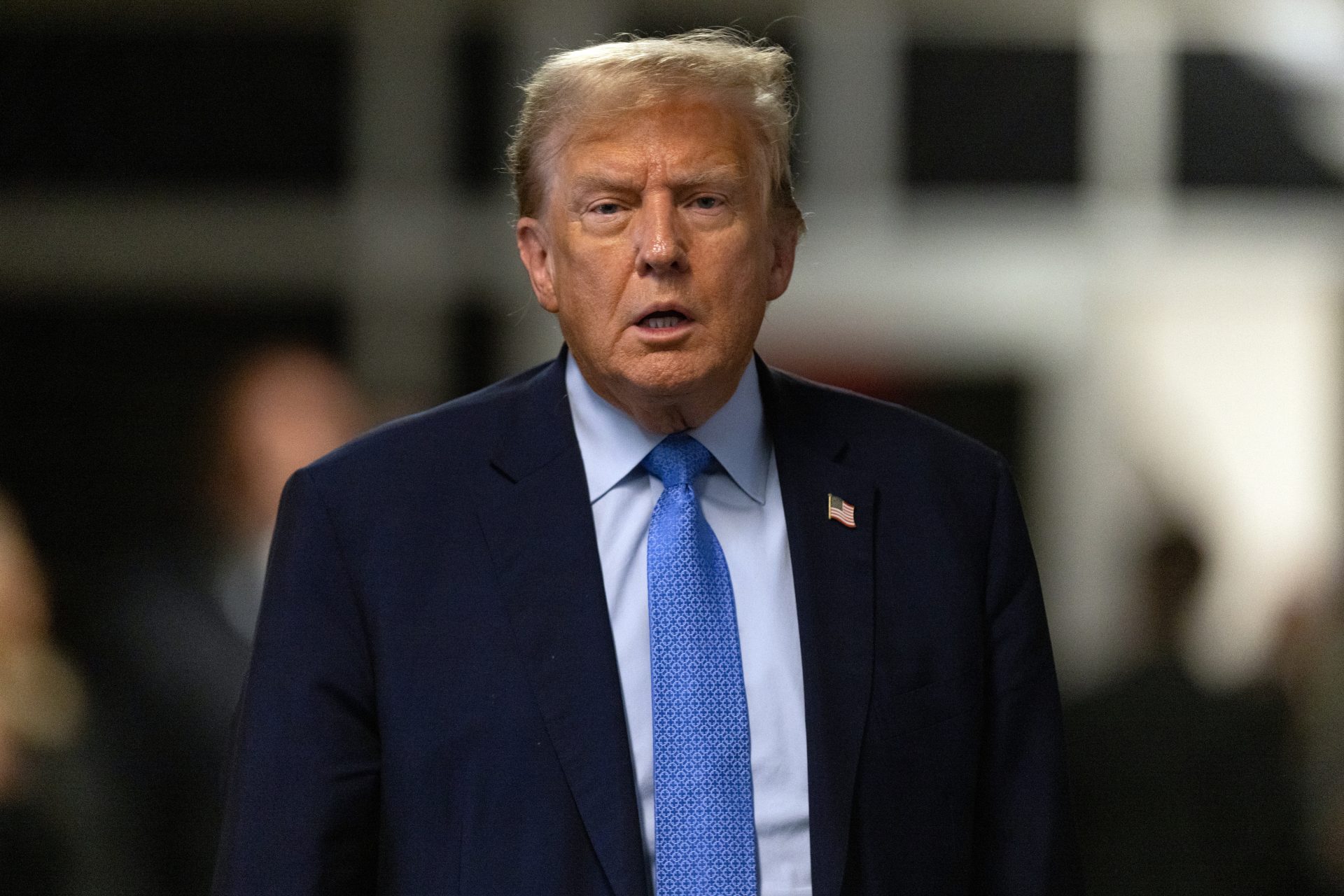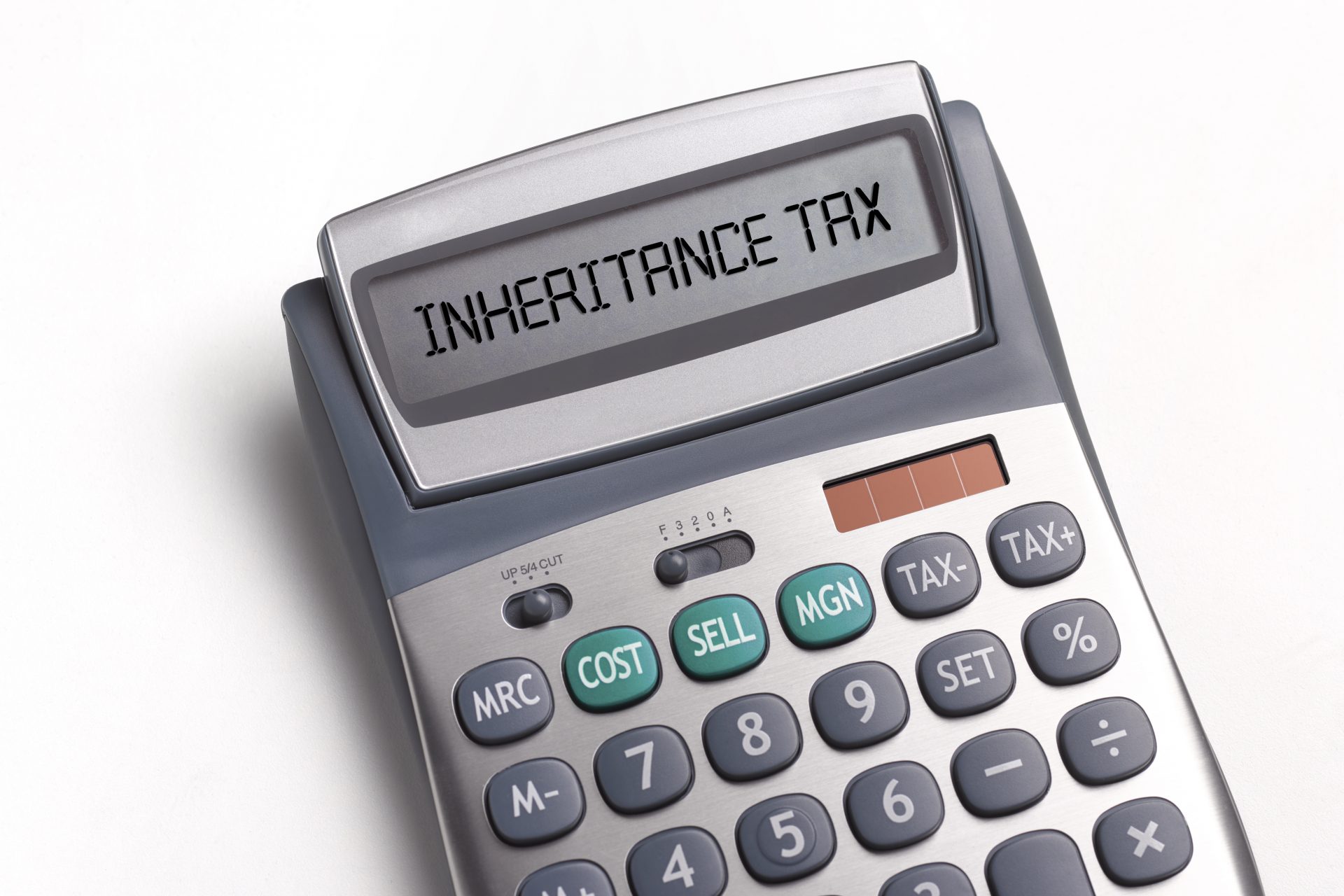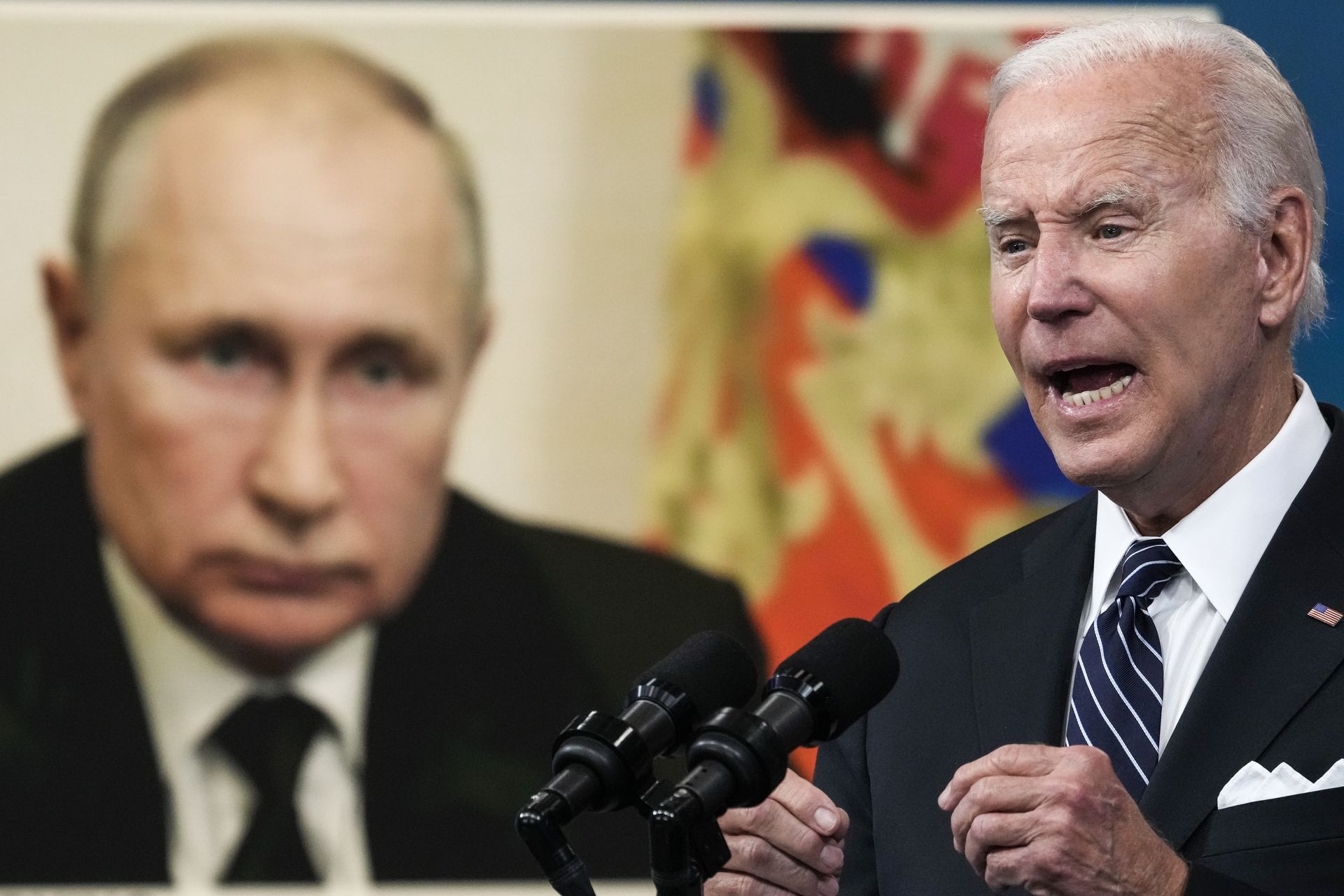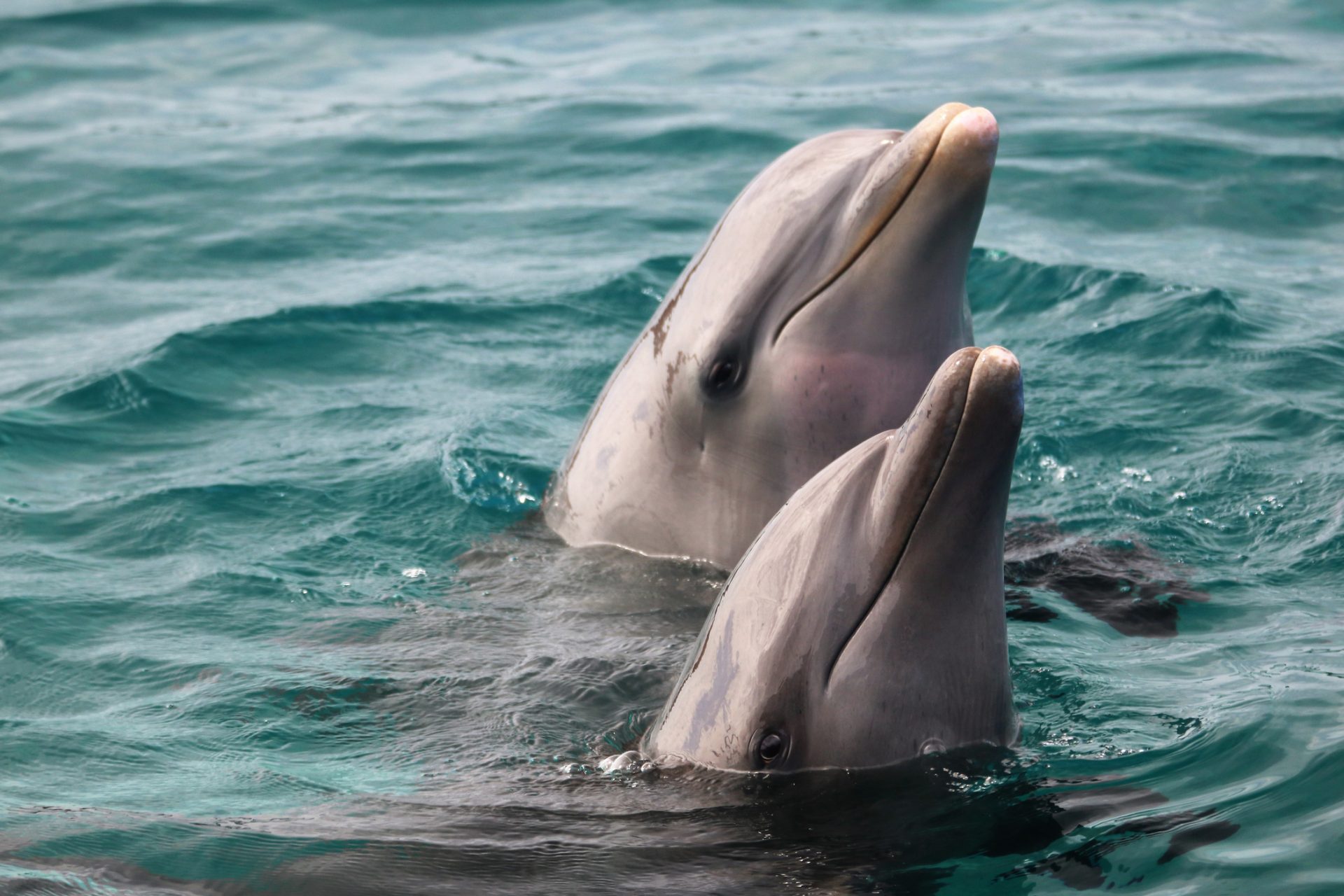The threatening consequences of the Supreme Court’s ruling on climate change
The Supreme Court ruled on Thursday to limit the Environmental Protection Agency's (EPA) ability to strictly regulate emissions from power plants, a move that signals a major setback in the fight against the climate crisis.
The case stems from former President Obama's Clean Power Plan, which would have enforced mandates for how much emissions power plants could release. The plan was never officially implemented as it faced legal challenges and was rolled back under the Trump administration.
The court's opinion states that when it comes to capping carbon dioxide emissions, "is not plausible that Congress gave EPA the authority to adopt on its own such a regulatory scheme." It also said that a "decision of such magnitude and consequence" should reside with Congress.
Senator Sheldon Whitehouse, a Rhode Island Democrat who is a leading advocate for strong action on climate, said to The Associated Press that the court has handcuffed the government’s ability to act.
“The problem is this: They closed down administrative agencies’ ability to regulate, and then they send the questions over to Congress where we are blockaded by the filibuster and where all the big, dark polluter money that they let into the political system holds sway”, Whitehouse explained.
However, West Virginia Senator Shelley Moore Capito, the top Republican on the Senate environment panel, said: “If Congress had intended to give EPA such sweeping authority to transform an entire sector of our economy, Congress would have done so explicitly”, she argued.
Climate and health behavioral scientist Sweta Chakraborty told CBS News the court took a sledgehammer to one of EPA's most important tools. "We're talking about increased air pollution that has impacts on human health, the environment, and generally our future trajectory towards planet warming."
"The fossil fuel interests behind this case claiming victory today are taking us back 50 years to when Big Oil and other corporations could pump deadly pollution into our air and water without any limits", Chakraborty added.
"Decisions like today's make it harder to meet the goals of the Paris Agreement, for a healthy, liveable planet," Stéphane Dujarric, a spokesperson for the U.N. Secretary General said in a statement.
The U.N. has warned that the world needs to stay below 1.5 degrees Celsius of global warming, compared to pre-industrial levels, to minimize the worst impacts of climate change. Doing so is critical, Chakraborty said, as "human health and the warming of the planet are inextricably linked."
A 2021 study found that fossil fuel air pollution is responsible for causing nearly 1 in 5 deaths worldwide every year. This year, the World Health Organization found that 99% of the world is breathing poor-quality air, mostly because of fossil fuel emissions.
In the U.S., the impacts of climate change have historically impacted low-income communities and people of color the most, according to a 2020 Harvard study, that also showed Industrial facilities are often located in these areas, polluting the air and causing health problems for people who live nearby.
"Self-regulation doesn't exist in the fossil fuel industry", scientist Chakraborty told CBS News. "I think it's very clear that the primary motivation for oil and gas executives is to line their pockets, to get the support of shareholders so that conservatives in Congress can put forward legislation that continues to allow for oil and gas drilling."
Amy Westervelt, a climate journalist, summarized the decision by writing: “Not good, but also not as bad as it could have been. It’s pretty narrow.” Romany Webb of the Sabin Center for Climate Change Law at Columbia University called the ruling “a blow, but nowhere near the worst-case scenario.”
The trouble, many scientists say, is that climate change presents such an enormous threat to the world, and the need to reduce the pace of warming is so urgent, that any ruling that makes the task harder is worrisome.
The decision does not prohibit EPA from regulating carbon emissions from coal plants, advocates said, but does limit its authority to do so. EPA head, Michael Regan, said the agency will implement environmental standards that protect all people and all communities from environmental harm.
More for you
Top Stories





























